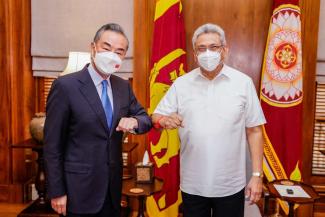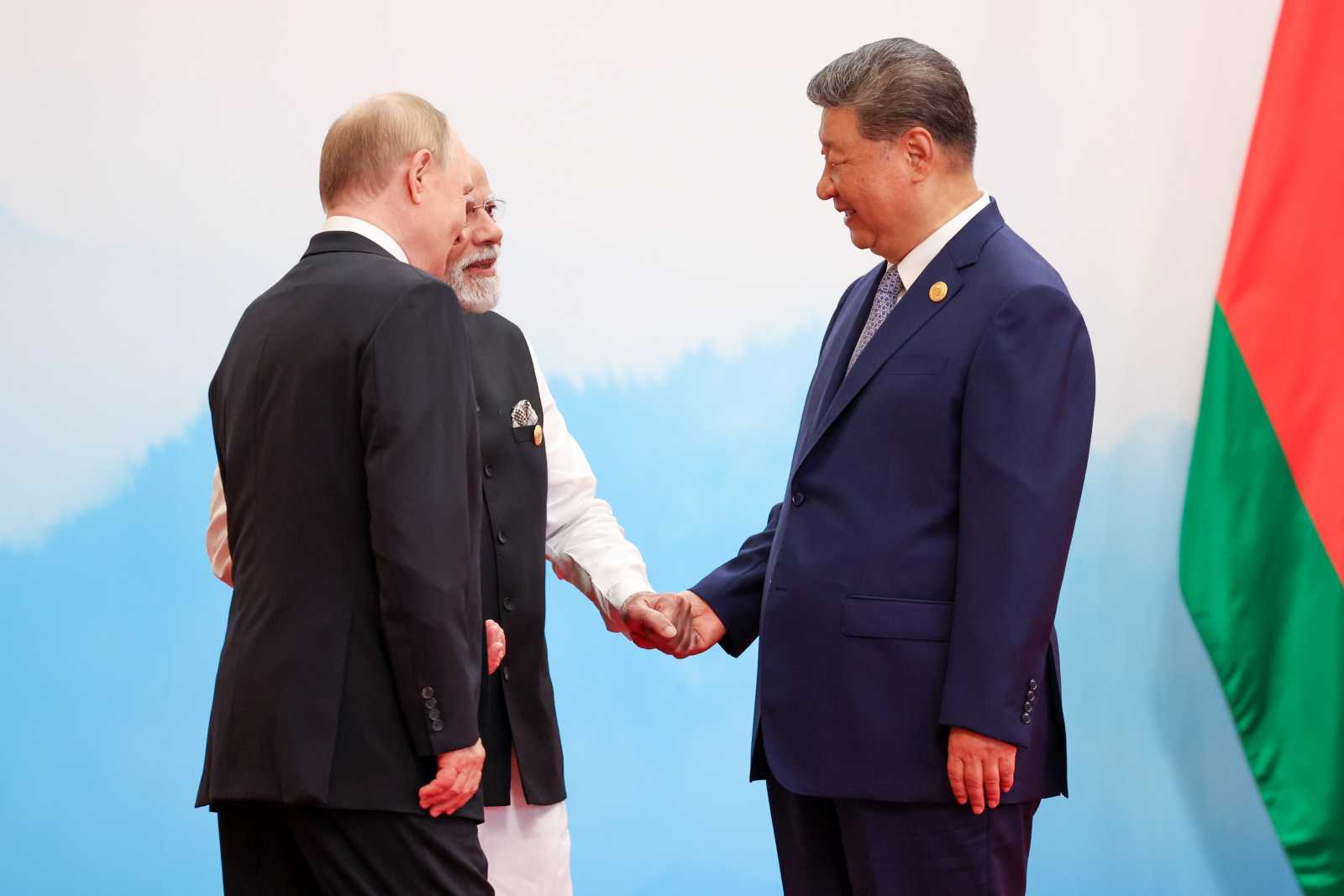Global Governance
Why “global south” is not a useful term

The regime in Beijing claims to be setting an example for good multilateral partnership. Its track record does not always confirm that message. Had China been more forthcoming with Covid-19 information in late 2019, the World Health Organization would have had a better chance to prevent the global pandemic. In 2016, according to Worldometer, China’s annual per-capita carbon footprint is 7.4 tons – smaller than Germany’s (9.4 tons), but bigger than those of G7 members Italy (5.9), Britain (5.6) and France (5.1). China’s military capacity is astounding. South-East Asian governments are uncomfortable with Beijing’s sabre rattling concerning the South China Sea. Worries about Taiwan are shared globally. Whether Beijing provides Russia with weapons or not, may yet prove decisive in the Ukraine war.
China has huge foreign-exchange reserves, while many low and middle-income countries are struggling with excessive debt. Chinese institutions handed out many of the relevant loans. One reason multilateral progress on debt restructuring is so slow, however, is that China’s approach to problems differs from western governments’ approach. Beijing is generally unwilling to forgive loans, but generous when it comes to extending them over longer time spans. It neither insists on measures to improve the macroeconomic situation, nor coordinates its steps with other creditors. China has thus been unwilling to learn from the experience of western creditor governments in past debt crises. That matters because China has become an important creditor nation too. Its policies determine the fate of people in far-away countries.
According to the regime in Beijing, every sovereign government legitimately represents its nation, and there must not be any interference in internal affairs. Things are not that simple, however. Consider the case of over-indebted Sri Lanka. To what extent did the Rajapaksa clan that accumulated the nation’s debt serve that nation? Why did a popular uprising force them out? Who is responsible for cleaning up the mess? Western leaders’ focus on governance in international development affairs is not simply a symptom of arrogance. It results from the experience that sovereign governments are often dysfunctional and self-serving.
In this regard, the dictatorship of the Communist party has differed from typical authoritarian rule, which makes leaders rich while the people stay poor. China is not corruption-free, and its leaders did get rich, but the nation prospered too. Its development in recent decades has been spectacular – and more successful than what other countries that were once exploited by colonial powers achieved. For many decades, China’s dictatorship was a developmental regime. Hundreds of millions of people no longer live in desperate need. Education and employment opportunities have improved, and the country’s infrastructure is excellent in some fields – just consider the vast high-speed train network. Things would be even better if people enjoyed fundamental political freedoms as well.
China clearly belongs in a category of its own. We should stop using the term “global south”, because this term makes China’s special role, which is very important, invisible. While the People’s Republic is definitely challenging western hegemony, it is not doing so on behalf of each and every former colony. The regime is pursuing what it considers to be the national interest – which, obviously, coincides with its very own interests.
By the way, the term “global south” does not even make much sense geographically. Australia, New Zealand and Chile are three of the southern-most countries, but belong to the OECD (Organisation for Economic Cooperation and Development), the club of prosperous nations. Chile’s neighbour Argentina is an upper-middle income country. Russia, however, a former colonial power that spans half the Arctic circle, is somehow not considered to belong to the global north.
Hans Dembowski is editor-in-chief of D+C/E+Z.
euz.editor@dandc.eu












